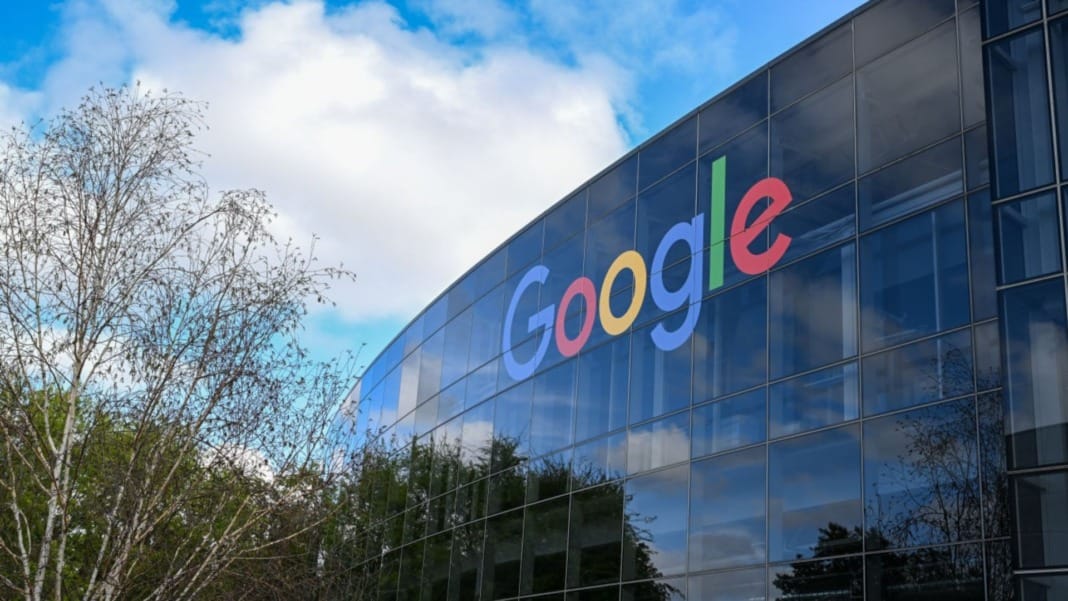A leading media group has called on US federal authorities to investigate Google’s decision to block access to links from California news outlets. This action comes in response to the proposed California Journalism Preservation Act (CJPA), which would require digital giants like Google to pay publishers for sharing their content.
The News/Media Alliance, representing over 2,200 publishers and formerly known as the Newspaper Association of America, has voiced its concerns to the Department of Justice, the Federal Trade Commission, and the California State Attorney General. On April 17, the Alliance described Google’s action as potentially “coercive or retaliatory,” aimed at opposing the legislation pending in Sacramento.
The CJPA, which successfully passed the state assembly last year, would require platforms like Google to compensate local media entities in exchange for linking to their content. Google, through a blog post by Jaffer Zaidi, Vice President of Global News Partnerships, labelled the CJPA as a detrimental approach to supporting journalism. Zaidi argued that the act would disadvantage smaller publishers and restrict the public’s access to a varied local media landscape.
Google characterised its link removal as an exploratory measure to assess how the proposed law might affect its operations. “To brace for potential implications of the CJPA, we have initiated a limited test for a minor portion of California users,” Zaidi explained. He noted that this test involves removing links to news websites potentially affected by the CJPA to evaluate the legislation’s impact on Google’s user experience. The tech giant has also paused further investments in the California news ecosystem until there is more clarity on the state’s regulatory conditions.
In its correspondence to the authorities, the News/Media Alliance cited several legal statutes that Google might be breaching with its temporary link removal. These include the Lanham Act, the Sherman Antitrust Act, and the Federal Trade Commission Act. The letter addressed to the California Attorney General also references the state’s Unruh Civil Rights Act, laws against false advertising and misrepresentation, the California Consumer Privacy Act, and California’s Unfair Competition Law (UCL).
Danielle Coffey, President and CEO of the News/Media Alliance, highlighted in her letters the lack of transparency from Google concerning the scale of the impact, the selection criteria for Californians affected, the duration of the news blackout, and the specific publications impacted. She stressed that the uncertainty surrounding these factors could mean multiple legal violations by Google.
Google’s history with similar legislation has been mixed. The company withdrew Google News from Spain for seven years due to local copyright laws requiring licencing fees for publishers but has negotiated deals worth approximately US$150 million with Australian publishers and stepped back from threats to remove news links in Canada, complying instead with a required US$74 million fee under the Online News Act.
In 2023, Google reported profits exceeding US$73 billion, with a market capitalisation standing at US$1.94 trillion.





